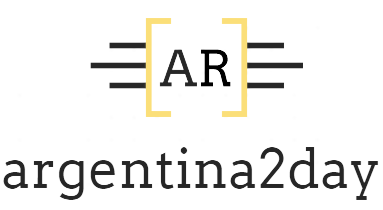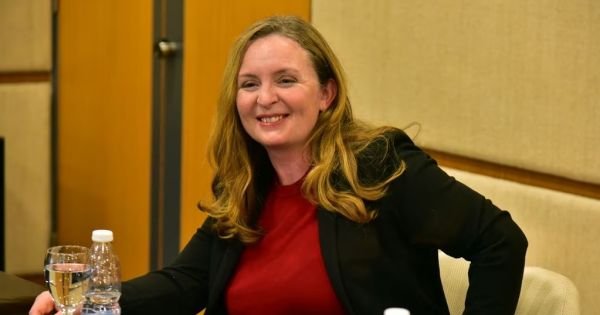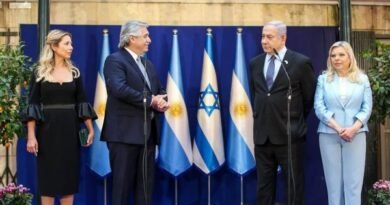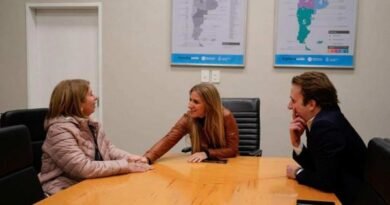LATAC renews regional commitment to Gender and Equalities
[ad_1]
LATAC renews regional commitment to Gender and Equalities
Kirsty Hayes, UK ambassador to Buenos Aires and Gender and Equalities Champion
Renewed commitment brings gender and equality at the heart of the UK’s work in the Latin American And Caribbean region, LATAC, as part of the UK government’s commitment to tackle inequalities around the world.
Our Latin America and Caribbean Gender and Equality Network sets out FCDO’s commitments to build a safer, more equitable and prosperous world where everyone can fulfill their potential, realize their rights and be free from discrimination. To this end we have developed an internal Gender and Equalities Charter, in collaboration with the Education, Gender and Equalities Directorate (EdGE).
UK efforts will support, protect and empower:
• women and girls
• people with disabilities
• LGBT+ people
• indigenous peoples and communities
• children
• poor and vulnerable people
• and excluded communities, among others.
This work aligns with the UK’s prioritization of gender and equalities issues, as outlined in the Integrated Review, International Development Strategy, International Women and Girls Strategy and FCDO’s Disability Inclusion and Rights Strategy..
Through our network in Latin America and the Caribbean we commit to:
1. Take a transformative and intersectional approach – aiming to contribute to long-term change rather than focusing on short-term and superficial activity, whilst also tackling the multiple overlapping barriers faced by women, girls, men, boys, people with disabilities, LGBT+ people, poor and vulnerable people, people from specific racial and ethnic backgrounds, and excluded communities.
2. Proactively seek regional opportunities linked to bilateral activity in order to maximize our impact.
3. Support countries across LATAC as regional leaders and actively speak out to promote the rights agenda in the multilateral system.
4. Use evidence and data, through regional research and engagement with local stakeholders.
5. Prioritise the up skilling of all staff and provide specific specialised training.
6. Ensure inclusive language and visuals in our internal and external communications.
Alicia Herbert, Director, Education, Gender and Equality and Special Envoy for Gender Equality, said:
The safest, most prosperous societies are those in which all citizens can live without fear of violence or discrimination whilst playing a full and active role in their communities. However, so many people – including persons with disabilities and those in the LGBT+ community and indigenous groups – have been excluded for too long.
Rob Tinline, Director Americas, mentioned:
Women’s movements are a force at the forefront of the fight for equal rights. People with disabilities and indigenous groups are also increasingly organized in demanding their rights. Legal unions, marriage equality and safe abortions are becoming a reality in more and more countries in the region.
Finally, Kirsty Hayes, UK ambassador to Buenos Aires and Gender and Equalities Champion, said:
LATAC is a vast and diverse region. Women and girls, LGBT+ and people with disabilities are exposed to discrimination and inequality is still one of the key regional challenges. In spite of recent positive progress in legislation and inclusive policies in some countries, increasing resistance from some sectors and ongoing structural and legal barriers are preventing some communities to advance on equality region wide.
As LATAC Gender and Equalities Champion I am very excited to drive this agenda and seek out ways for us to work together to advance equality for all.”
[ad_2]
Source link




